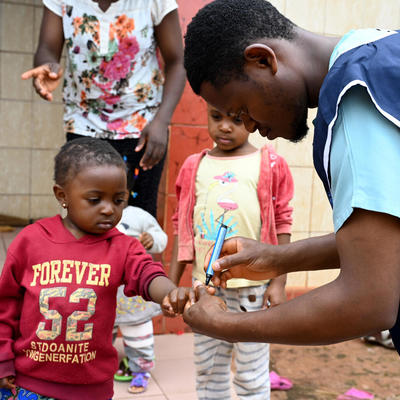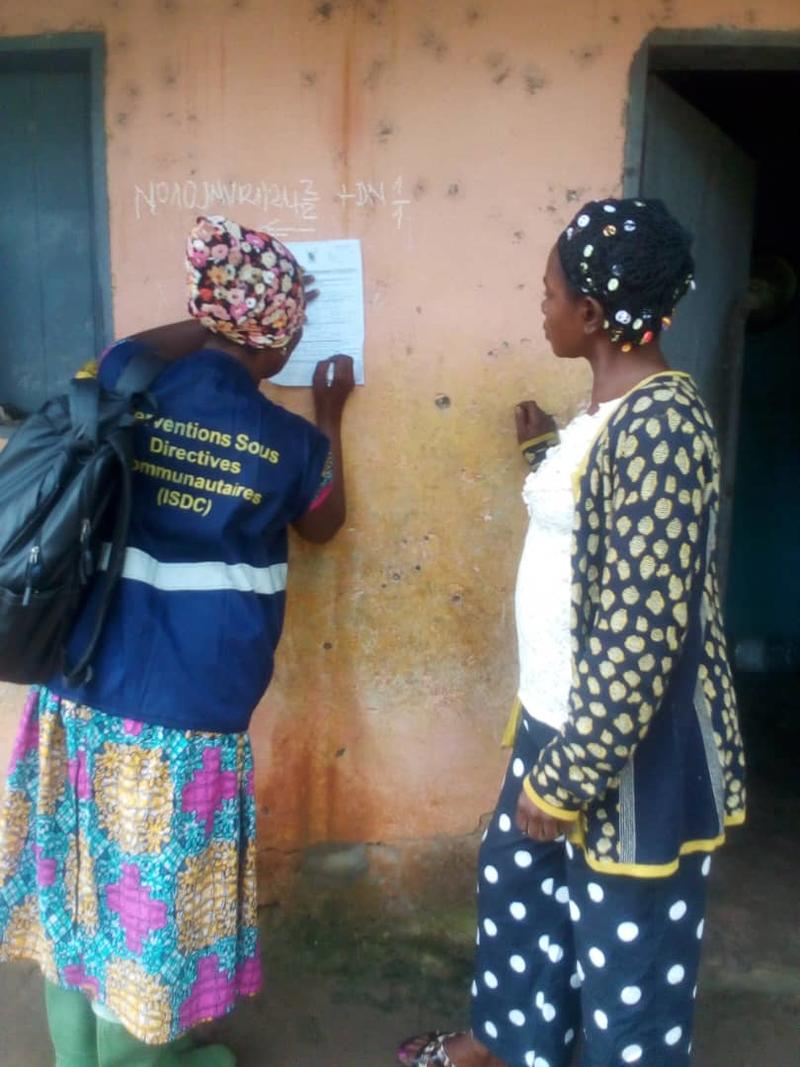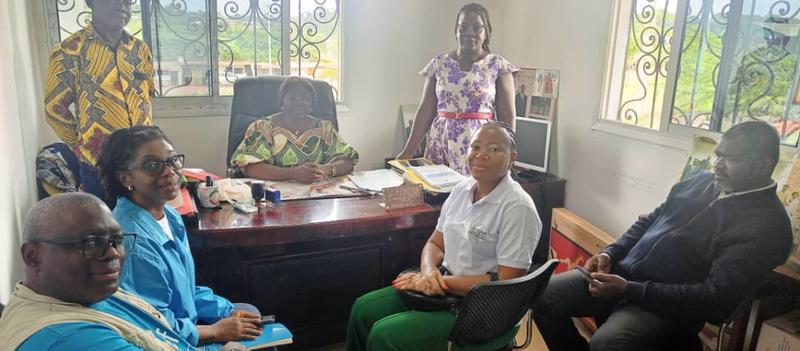
UNICEF is leveraging Cameroon's polio vaccination campaign from October 24 to 27 to address the critical issue of unregistered births, ensuring that thousands of children receive both immunization and official birth certificates. Despite Cameroonian law providing free birth registration within 90 days of birth, many parents miss this window, leaving children without legal identity. By integrating birth registration into the vaccination efforts, particularly in the Ngoumou health district and the locality of Bikok—part of UNICEF's "Child-Friendly Municipalities" initiative—the campaign aims to secure both health and identity for every child. This initiative underscores UNICEF's commitment to holistic interventions during a child's first 1,000 days, bridging the gap between the rights guaranteed by international conventions and the realities on the ground.
Bridging Health and Identity for Cameroon's Children
Ensuring Rights from the First Days of Life
Article 8 of the United Nations Convention on the Rights of the Child states: "Children have the right to their own identity, an official document stating who they are, specifying their name, nationality, and family relationships. No one should take this identity away from them. If this happens, governments must help them quickly regain it." Despite this clear mandate, a significant gap exists between this right and its realization in Cameroon. Thousands of children lack the most fundamental identity document—a birth certificate—even though the government offers free birth registration within 90 days of birth.
The Challenge of Unregistered Births
While Cameroonian law provides for free birth declarations within the first 90 days, many parents miss this crucial window. Failing to register a child's birth within this period makes the process more complicated and can limit the child's access to essential services like education and healthcare. The absence of a birth certificate can have lifelong implications, effectively rendering a child invisible in the eyes of the law.
UNICEF's Commitment During the First 1,000 Days
Recognizing the critical importance of early childhood, UNICEF has made birth registration one of the key interventions during a child's first 1,000 days. This period is pivotal for a child's development, encompassing vital services such as healthcare, nutrition, and legal identity. UNICEF collaborates with the Cameroonian government to address the lack of official identity documents for thousands of children, aiming to ensure that every child starts life with the rights and protections they deserve.

Photo: Retrieving a Birth Declaration: A parent receives their child's birth certificate during the integrated vaccination and birth registration campaign.
Leveraging the Polio Vaccination Campaign
The polio vaccination campaign in Cameroon, which took place from October 24 to 27, 2024, presented a unique opportunity to address both health and identity simultaneously. By integrating birth registration efforts into the vaccination campaign, UNICEF and its partners aimed to:
- Assess the Scope of Unregistered Births: Identify children aged 0 to 90 days who had not yet been declared to the civil registry.
- Facilitate Birth Registration: Provide immediate assistance to parents in declaring their child's birth and obtaining a birth certificate.
Focus on Ngoumou Health District and Bikok
In the Ngoumou health district, particularly in the locality of Bikok, these efforts were intensified. Bikok is part of UNICEF's "Child-Friendly Municipalities" initiative, which aims to create environments where children's rights are a priority. With technical support from the national civil registry office, the initiative helped parents navigate the registration process, ensuring that children received both immunization against polio and official recognition of their identity.

Photo: Collaborative Meeting Between Ngoumou District, Ngoumou Municipality, BUNEC, and UNICEF.
The Impact of Combined Efforts
By combining vaccination with birth registration during the October 24-27 campaign, the initiative maximized its reach and effectiveness. Health workers and civil registry officials collaborated to ensure that no child was missed. This integrated approach not only improved health outcomes by protecting children against polio but also strengthened their legal status, giving them access to education and other essential services.
Moving Forward: A Holistic Approach to Child Rights
This initiative underscores the importance of a holistic approach to children's rights. Health and identity are interconnected aspects of a child's well-being. By addressing both simultaneously during critical periods like the vaccination campaign, UNICEF and the Cameroonian government made significant strides toward fulfilling the promises of the Convention on the Rights of the Child.
Every child counts, and every child deserves the right to health and identity. By combining polio vaccination with birth registration during the October 24-27, 2024 campaign, Cameroon took proactive steps to ensure that its youngest citizens are recognized, protected, and given the best start in life. This integrated effort is a model for how health initiatives can be leveraged to advance broader human rights goals, reinforcing the idea that when it comes to children, every action counts.

